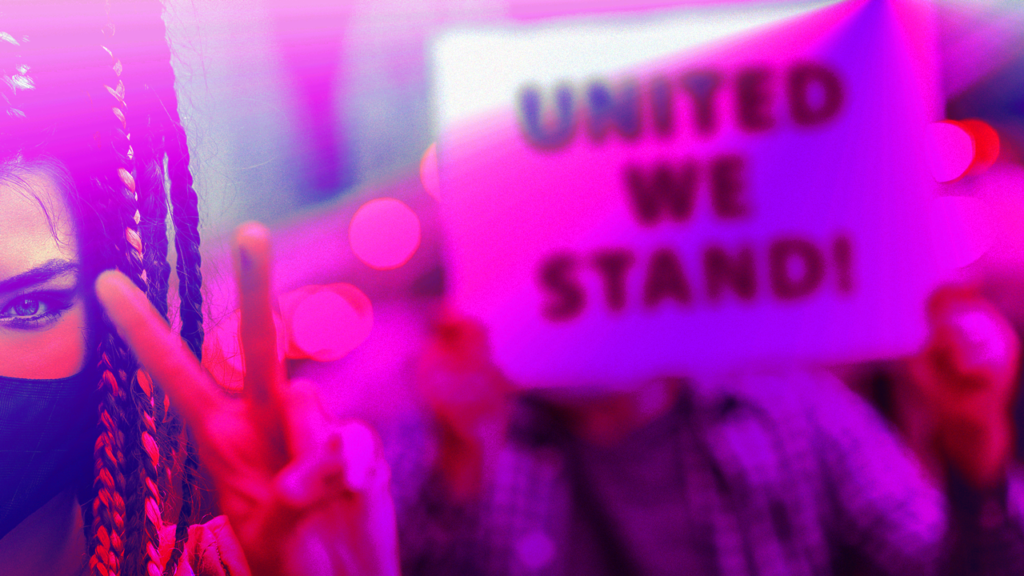For media, many things matter when quantifying the impact of content, marketing or branding success. First, there’s the product, service, or content itself—does it work? Is its value evergreen? There’s the brand legacy—does its product or service translate to modern times? Does it still fill a need?
And then there’s how the brand fits into the real world and what matters to consumers: does this brand represent the kind of world that consumers feel comfortable in: Does it reflect what consumers care about? Each component of a campaign or marketing strategy needs to answer each question with a resounding “Yes” to stay relevant in a world where some things—like social issues—can matter more to consumers than the convenience or familiarity of the product itself.
The new “Hot or Not” lists
Recently, fashion and lifestyle magazine Allure published an article with the headline “Does your favorite beauty brand support abortion rights?” The article referred to a post from corporate social responsibility consultancy BSR, which reported research from ABC News and The Washington Post showing that 75% of Americans surveyed believe that reproductive decisions should be left to a woman to decide. In addition, the Allure article highlighted the Don’t Ban Equality pledge, signed by more than 180 CEOs, highlighting corporate commitment to women’s reproductive choice.
Gone are the days when “neutrality” is the safest bet for major content brands: leading publications are wading into politics and encouraging corporations to line up on one side or another of issues dominating American discourse.
For brands, silence can be risky—especially when popular media outlets may actively “name and shame” organizations that fail to respond to decade-defining cultural and political shifts, like the Dobbs decision.
Reproductive rights are not the only issue galvanizing consumers and inspiring media callouts.
British Glamour recently published a list of brands in the beauty industry that it deemed were not “cashing in on the Pride movement.” Likewise, CNN Underscored posted “16 LGBTQ-owned beauty brands for inclusive skincare, makeup and more”, an article that implored readers not to “fall for the rainbow-covered corporate pinkwashing, and instead try to support independent brands led by the LGBTQ+ community.”
Lists of brands with standout records on other social issues, like diversity, are becoming as ubiquitous in fashion and lifestyle media as “Hot or Not” lists were in the 90s.
Elle magazine and Marie Claire began highlighting the disparity between Black consumers’ spending on beauty products and their lack of representation in the boardroom (only 2.5 % of beauty brands are owned by people identifying as Black).
Issue awareness and alignment may be table stakes for brands seeking to engage millennials and Gen Z
With 43% of millennials identifying as Black, Hispanic or Asian and 22% as two or more races, leading beauty publications are responding to a significant generational shift and presenting new opportunities for brands to reach audiences that have been overlooked for decades.
In fact, 70% of consumers in one study stated that they believed it was critical for brands to speak up about political and social issues that reflect their values. In another study, 73% of consumers stated they wanted brands not just to say they supported an issue like Black Lives Mater but to demonstrate that support with action. In addition, Gen Z consumers are even more adamant than earlier generations that brands commit to issues that they feel are important to their world: 90% believe brands should act to address social and environmental issues, and 75% do their own research to ensure brands that they connect with aligning with their values.
Brands that want to engage new audiences and do social good should avoid standing up and being counted for issues they are not actively involved in or willing to commit to. Saying “We support cause XYZ” is nice, but not having much to show for it is worse than staying on the sidelines.

